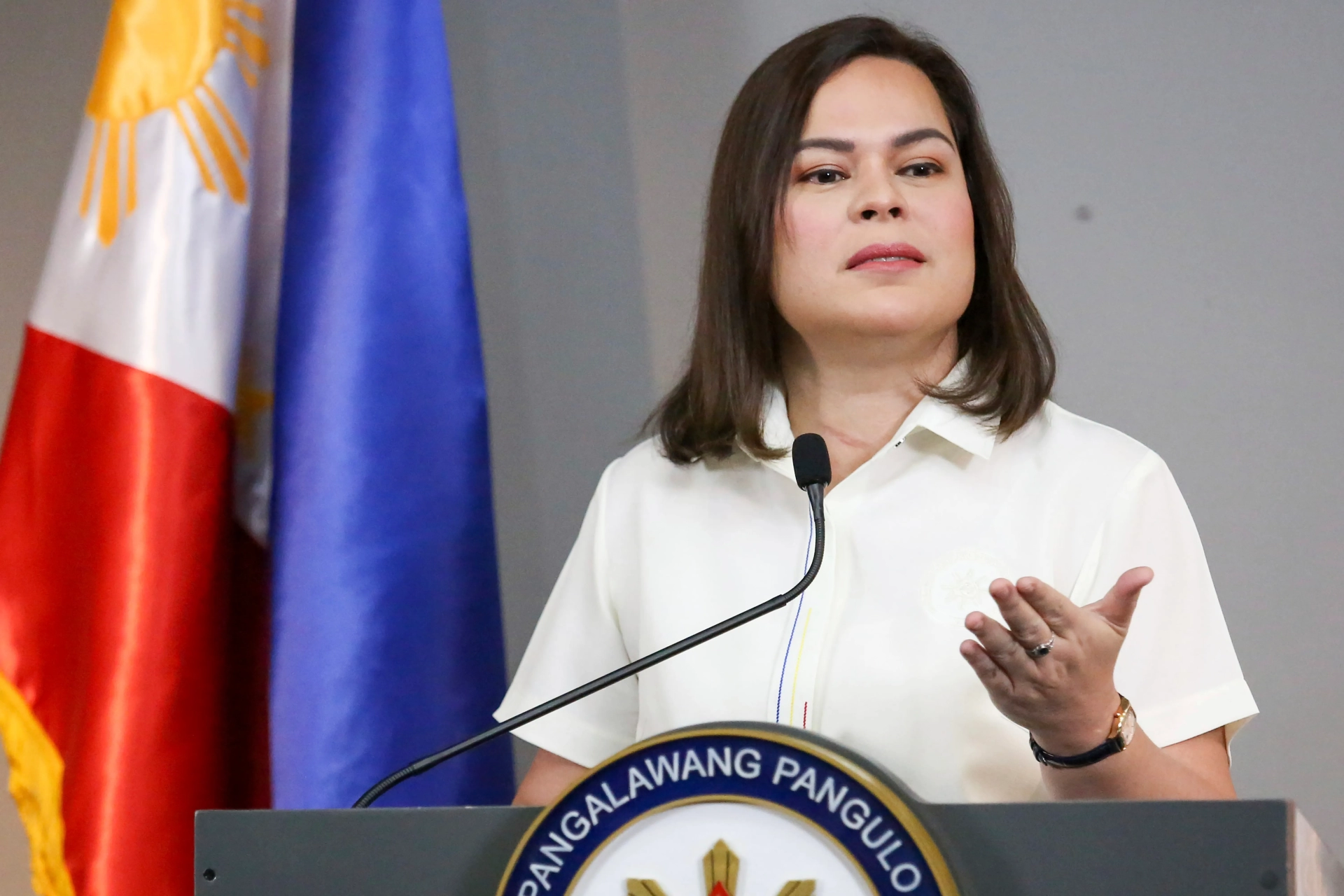In a major legal and political development, the Supreme Court of the Philippines has blocked an impeachment trial against Vice President Sara Duterte, delivering a significant reprieve for the embattled leader and reshaping the country’s political landscape.
The ruling comes after the lower house of parliament voted to impeach Duterte in February, citing allegations of misappropriating public funds and making incendiary threats against President Ferdinand “Bongbong” Marcos Jr., including a widely publicized claim that if she were killed, Marcos should be as well.
However, on Friday, the Supreme Court announced that the impeachment proceedings violated a constitutional provision barring multiple impeachment attempts within a single year. While the court emphasized that Duterte has not been cleared of wrongdoing, the decision effectively halts any removal efforts until at least February 2026.
This verdict allows Duterte critical time to solidify her political standing and potentially mount a campaign for the presidency in 2028. Had the impeachment succeeded, it would have disqualified her from running for the nation’s highest office.
The blocked trial is the latest chapter in the unraveling of the once-powerful Duterte-Marcos alliance. Formed in 2022 under the banner of the “Uniteam,” the coalition quickly fractured amid growing personal and political hostilities. The rivalry intensified following Vice President Duterte’s controversial social media post and the subsequent extradition of her father, former President Rodrigo Duterte, to The Hague to face crimes against humanity charges tied to his bloody anti-drug campaign.
While the political fallout has been sharp, legal observers had long questioned the viability of an impeachment conviction in the Senate, given the realignment of political forces after the 2025 midterm elections. Duterte’s bloc emerged with surprising strength in the Senate, signaling continued grassroots support and further complicating the path for her political adversaries.
The 15-member Supreme Court, largely appointed by the former president, has now inserted itself into the high-stakes power struggle. Historically, impeachment in the Philippines has proven politically volatile. Only one case — that of former Chief Justice Renato Corona in 2012 — has ever concluded with a conviction. Even the impeachment of former President Joseph Estrada in 2001 ended not with a Senate verdict but through a people-led uprising.
For now, Sara Duterte remains in office, her political future intact — and perhaps even emboldened — as she navigates the road to 2028.





